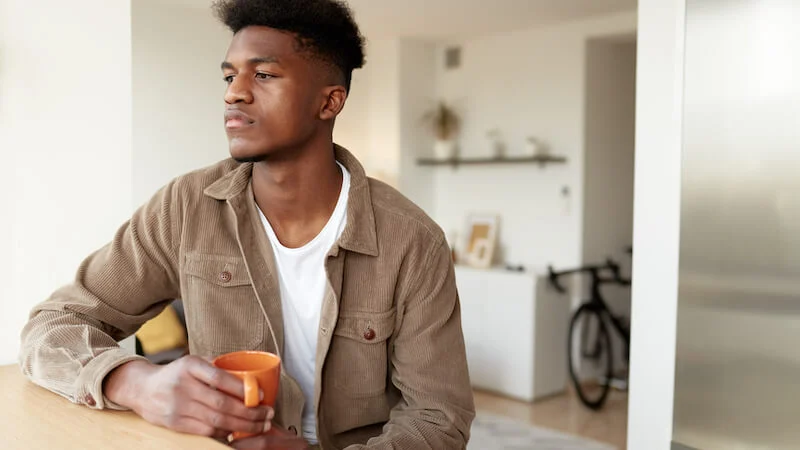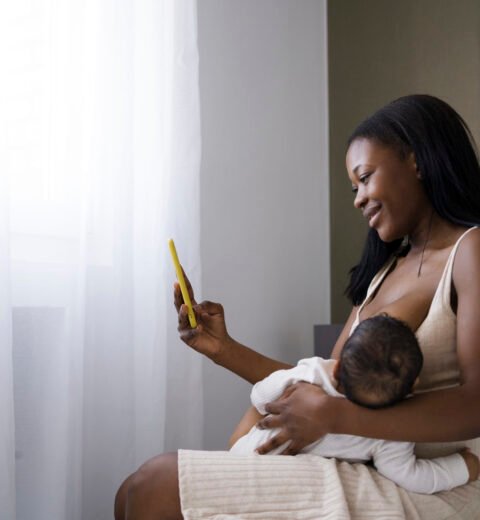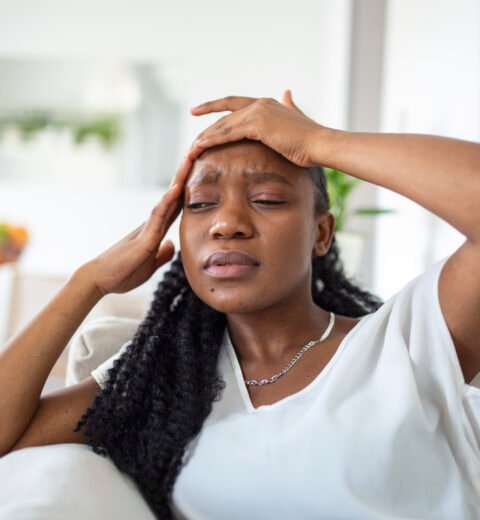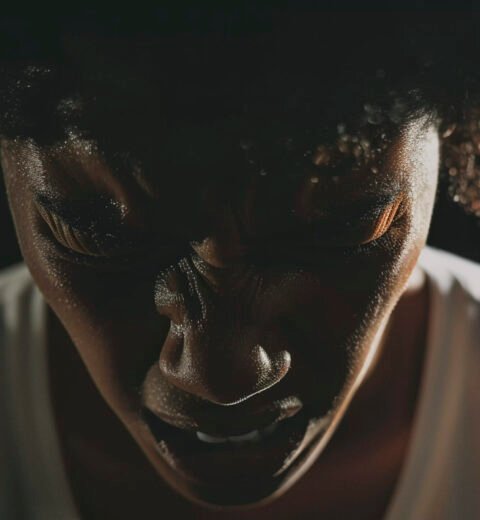How access, safety, and stigma impact Nigerians living in the UK
June is Mental Health Awareness Month, and for many Nigerians living in the UK, it’s a time to pause and reflect on the silent battles many of us face — especially those we don’t often speak about. Mental health is real. And in our community, it’s still wrapped in layers of silence, shame, and survival.
🇳🇬 Mental Health and the Nigerian-British Experience
Whether you’ve just landed in the UK or you’ve lived here for decades, navigating a new culture, raising children, pursuing success, and keeping ties with home — all while managing financial pressure and unspoken expectations — can take a toll.
Research consistently shows that Black adults are more likely to experience mental health issues such as anxiety, depression, and trauma-related disorders. And for Nigerians in the UK, that experience often overlaps with racism, immigration stress, and a deeply rooted culture of silence.
💥 What Affects Our Mental Health?
1. Cultural Expectations & Pressure
From a young age, many Nigerians are taught to “be strong,” “pray harder,” or “just face it.” Vulnerability is often seen as weakness. Mental illness? That’s “white people problem” or something cured with anointing oil.
But the truth is: ignoring pain doesn’t make it disappear. It only builds up. Many of us are parenting while carrying trauma we never healed from.
2. Racism and Structural Barriers
In the UK, many Nigerians encounter racism — at work, school, healthcare systems, and even the police. These experiences, subtle or direct, create a sense of unsafety that affects our mental wellbeing.
- Black people in the UK are more likely to be stopped and searched by police.
- Black mothers face a higher risk during childbirth.
- Mental health services are more likely to detain Black people under the Mental Health Act.
It’s no surprise that many of us don’t feel safe enough to be vulnerable — even with professionals.
3. Lack of Representation in Healthcare
Ever tried explaining your experience to a white therapist who doesn’t get why your parents still expect you to send money home every month — even when you’re struggling?
There’s a serious lack of Nigerian or African therapists in the UK, and many professionals lack cultural understanding. This often leads to misdiagnosis or feeling unseen during therapy.
🧱 Barriers to Getting Help
🔒 Stigma
In our community, talking about therapy or depression still feels taboo. Many of us were raised with beliefs like:
- “You need more faith, not a therapist.”
- “What will people say?”
- “Just tough it out. Others have it worse.”
This mindset keeps many suffering in silence.
💸 Cost & Access
Even for those who want help, mental health care can be expensive — and waiting lists on the NHS are long. Private therapy, especially with a culturally competent therapist, may be unaffordable for many Nigerians living paycheck to paycheck.
❌ Distrust of the System
Due to historic mistreatment and cultural differences, some Nigerians don’t trust mental health professionals. Some fear being judged, misunderstood, or even criminalised for expressing their pain.
💪🏽 Strength Is Not Silence
We must rethink what strength means. Strength isn’t pretending everything is okay. It’s recognising when you’re struggling and being bold enough to ask for help.
Yes, prayer helps. But so does therapy. You can talk to God and a counsellor. Mental illness is not a lack of faith — it’s a health issue.
👏🏽 Breaking the Stigma: Groups Making a Difference
If you’re looking for support that understands your culture and identity, check out these platforms:
- Black Minds Matter UK – Offers free therapy for Black individuals by Black therapists.
- Nigerian Mental Health Project UK – A community-based initiative supporting Nigerians dealing with mental health issues.
- Mind UK – Their “Young Black Men” and “African Caribbean Mental Health” initiatives help connect people to support.
- BAATN (The Black, African and Asian Therapy Network) – Connects people of colour with culturally aware therapists.
- Therapy for Black Girls UK / Men Heal Too – For those wanting therapy in safe spaces.
🗣️ Let’s Talk About It
Mental health conversations should no longer be whispered. As Nigerians in the UK, we need to create space for each other to feel safe, seen, and supported — whether it’s a WhatsApp chat with a friend, a church programme, or a family dinner.
This June, let’s make mental health a Naija priority. Ask your brother how he’s really doing. Check on your sister who’s always “strong.” And most importantly, be kind to yourself.
You don’t have to carry it all alone.
🧠 Need help? Here’s where to start:
- Call Samaritans (Free, 24/7): 116 123
- Text “SHOUT” to 85258 for free mental health support via text
- Visit baatn.org.uk to find a culturally competent therapist
- Contact your GP and ask for talking therapy referrals
This article is part of Naija UK Connect’s June Mental Health Awareness series. Share it with someone you care about. Let’s grow a mentally stronger community together. 💚🇳🇬
#NaijaUKConnect #MentalHealthAwareness #NigeriansInTheUK #ItsOkayToNotBeOkay
Join Our WhatsApp Channel
Stay updated on the latest UK news, including education, health, job openings, and more for those living in the UK!
Join here: Naija UK Channel
Also, follow us on our social media channels for the latest updates and discussions:
- Twitter: @NaijaUKConnect
- Facebook: Naija UK Connect
- Instagram: @naijaukconnect




